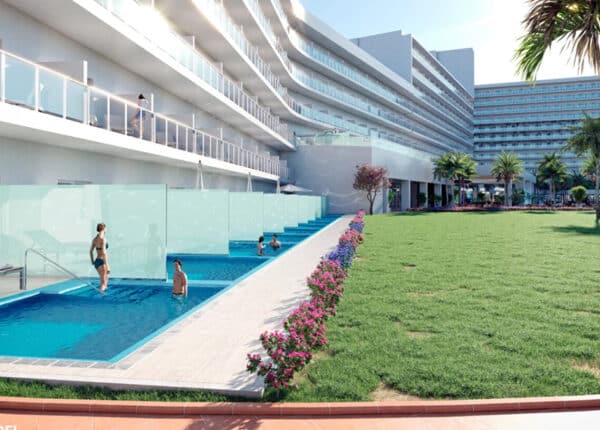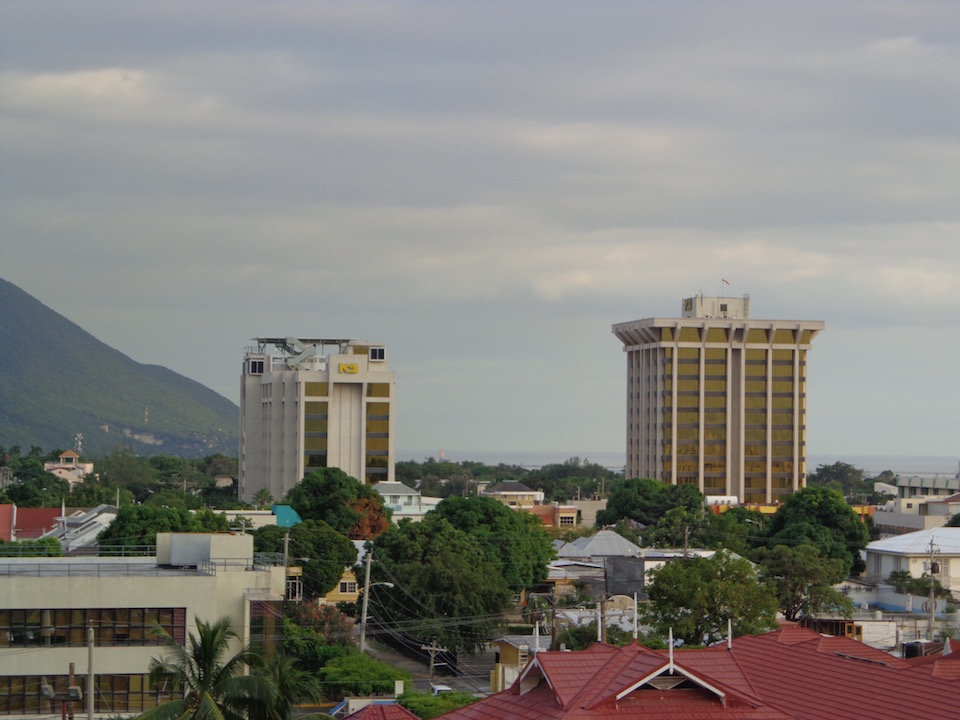“We are Jamaica’s problem”
By Dennis Chung
CJ Contributor
I was sitting down to write this article on election day (February 25), after watching the lead-up to the election and the commentary from not only politicians but also us the citizens of Jamaica.
In considering this, I am even firmer in the belief that Jamaica’s challenges have more to do with the way we have ordered our society and the way we interact with each other. After all, economics teaches us that the way economies are organised and developed has more to do with social interactions than anything else. Which is why economics is a social and not natural science.
While we spend much time speaking about the macroeconomy, the fact is that it is an outcome of the microeconomy, which is nothing more than the behaviour of individual households. And that behaviour is determined by the social interaction and behaviour of individuals within the household.
So my preferred taste for imported foods over local foods, if I am joined by enough Jamaicans, will determine what the demand for foreign currency is and ultimately the balance of payments. Similarly, if enough individuals believe that school is a waste of time and it is better to pursue an athletic or music career, or just “beg” money, then we would end up with low labour productivity.
In the context of elections, many people have made some very strong opinions about policies being proposed by both major political parties. but when when you ask them if they will vote they tell you they are not enumerated. At that point I always tune them out because I realise that they are irrelevant and can contribute nothing meaningful beyond words.
This is no different from the parent who tells their child that it is important to eat properly, but then they themselves eat the same things they tell their child not to eat. Or the person who wants to own the most expensive car, without first trying to own a home, and does so with bank loans they can’t afford.
So we can see that the accumulated behaviour of everyone determines the economic outcome for the country.
So when people tell me they feel hopeless about making changes in the country as they don’t have influence, I tell them that everyone has the platform to make their voices heard. And many times these are the same people who will say that they can’t bother to go out and vote, or worse they can’t even bother to get enumerated. I feel very strongly about this, as it is a fundamental right that we all have and even if we are the only vote against everyone else in the constituency we live, it is important for us to exercise the right that many of our forefathers gave their lives for. Ensuring that we do this also sends a very good signal to our children, not making it into a hopeless cause like the bad examples some show on health and social interaction.
As of today though, our failure to have exercised that right (because many say of frustration) on Election Day will have determined our own future whether you voted or not. Because any policy implemented by any government will affect you whether you voted or not. The fact that you did not vote means you don’t have the moral authority to criticise. Just like they say, “God helps those who helps themselves.”
If we accept that the success of economies are determined by the sum of individual behaviours, then it seems to me that countries can only successfully develop if societies are properly ordered and policies are geared towards influencing behavioural outcomes. And if that is the case, shouldn’t we as a people demand that political parties (and governments) implement policies that would lead to behavioural attitudes that will result in economic success. In other words impacting social development is critical for impacting economic development.
So as I always say, despite the economic failures of the Manley administration in the 1970s, his social policies were critical in ensuring greater opportunity for the average Jamaican and transforming the advantage from the ruling colonial class to average Jamaicans. The problem is that the policies were primarily focused on upstaging the power balance rather than integrating everyone into it.
This change in approach to policies that influence behaviour can only come, however, when we demand it as a people. And I don’t think that enough of us have paid any interest to long-term acceptable social behaviour to make the politicians pay enough attention to it. The truth is that without this the country will continue to perform way below our potential.
Societies and economies cannot, for example, develop without order. What most of us show interest in, however, is just getting rid of the high murder rate, without making the link between road indiscipline, night noise, and the way we treat our environment.
This election was no different, in that we really did not address the important issues. What we were talking about mostly is what one party would do for us as opposed to the other and vice versa. And the conflict in many respects was a retrograde step, as we have made too much progress to go down that road again.
One major problem is that many young people do not understand the social and violent turmoil coming out of the 70s leading up to the 1980 election and so are prone to repeat the mistakes again. This is why it is important for us to teach the history of Jamaica (no matter how short is is) in our schools instead of focusing on the history of other countries.
So the next time we think of criticising someone else (politicians, civil society groups, or private sector) for Jamaica’s problems, take a look in the mirror first and understand that the outcome of policies and how our governors behave have more to do with how we behave at an individual level. In other words, we can either be Jamaica’s problem or success.
Dennis Chung is a chartered accountant and is currently Vice President of the Institute of Chartered Accountants of Jamaica. He has written two books: Charting Jamaica’s Economic and Social Development – 2009; and Achieving Life’s Equilibrium – balancing health, wealth, and happiness for optimal living – 2012. Both books are available at Amazon in both digital and paperback format. His blog isdcjottings.blogspot.com. He can be reached at drachung@gmail.com.







